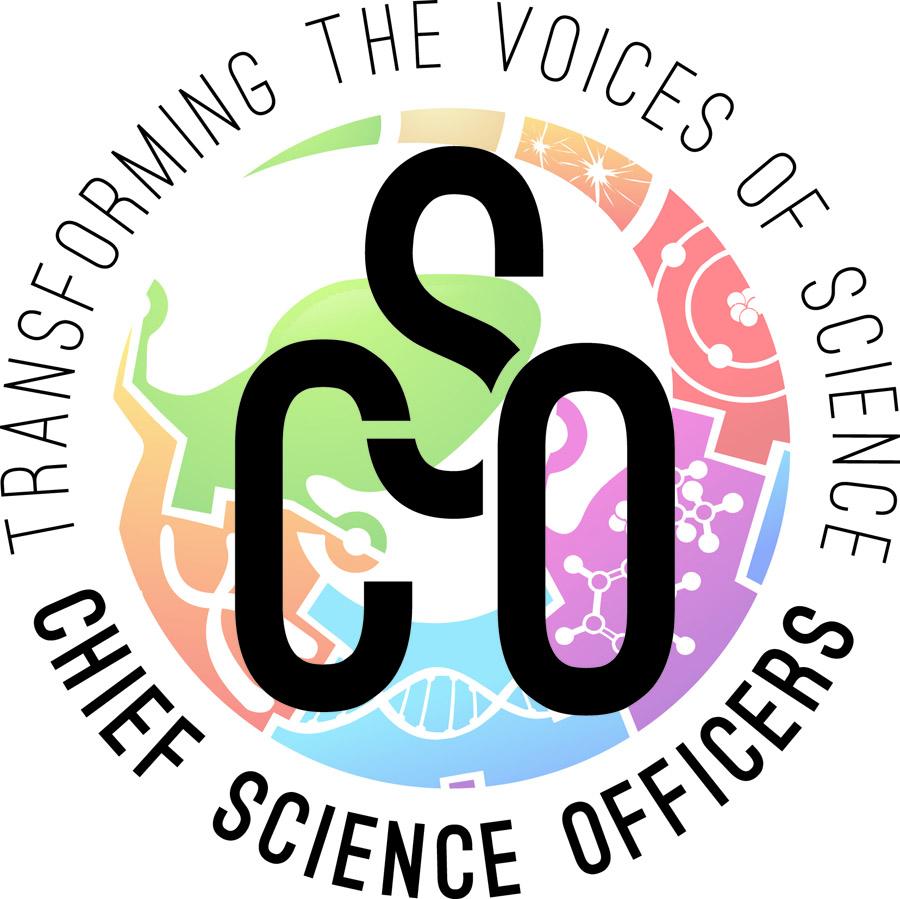Closing Gaps: Connecting Assessment and Culture to Increase Achievement
This project will advance efforts of the Innovative Technology Experiences for Students and Teachers (ITEST) program to better understand and promote practices that increase students' motivations and capacities to pursue careers in fields of science, technology, engineering, or mathematics (STEM) by investigating ways to make science assessment and science instruction more culturally relevant to Native Hawaiians.
